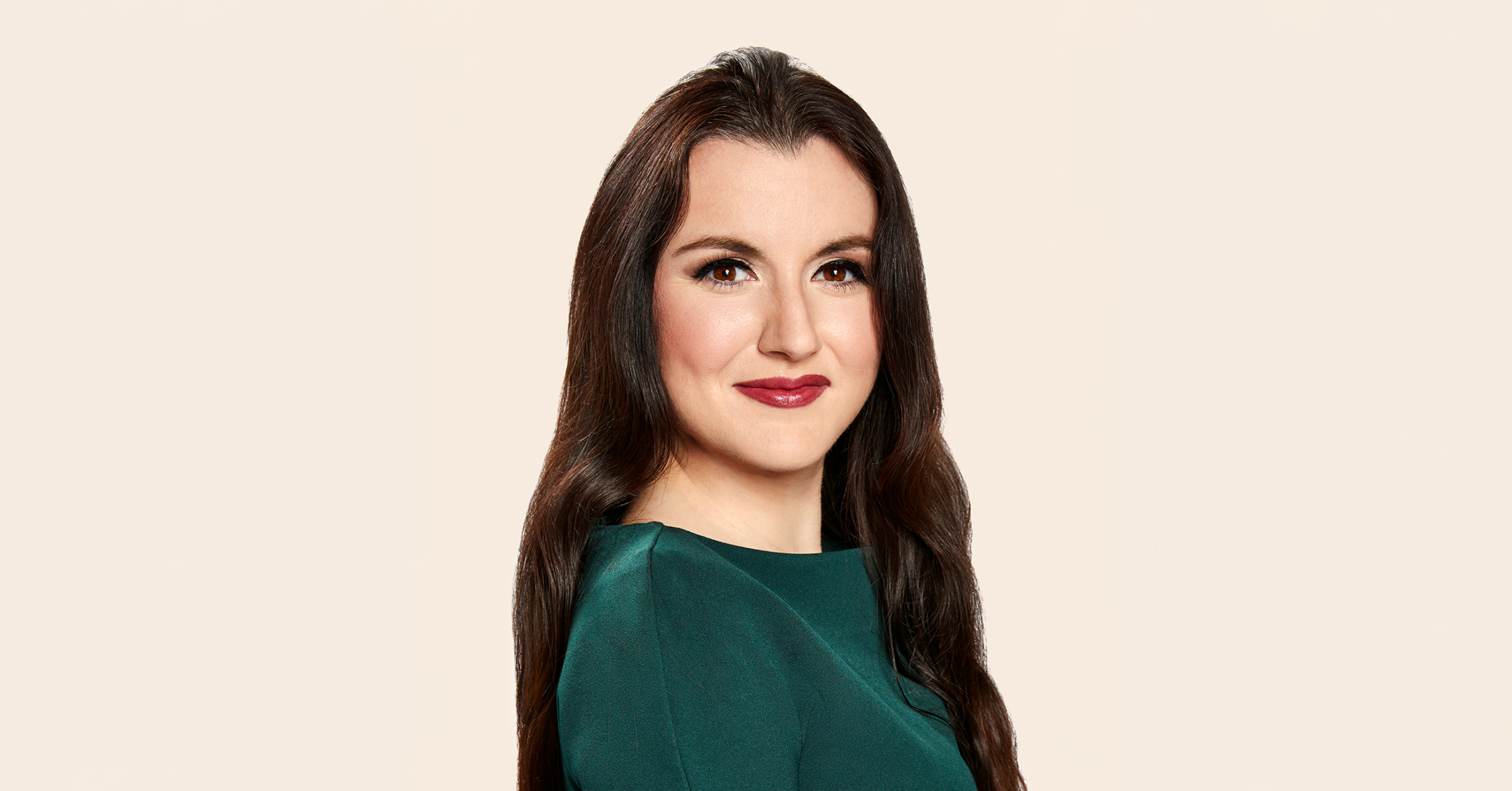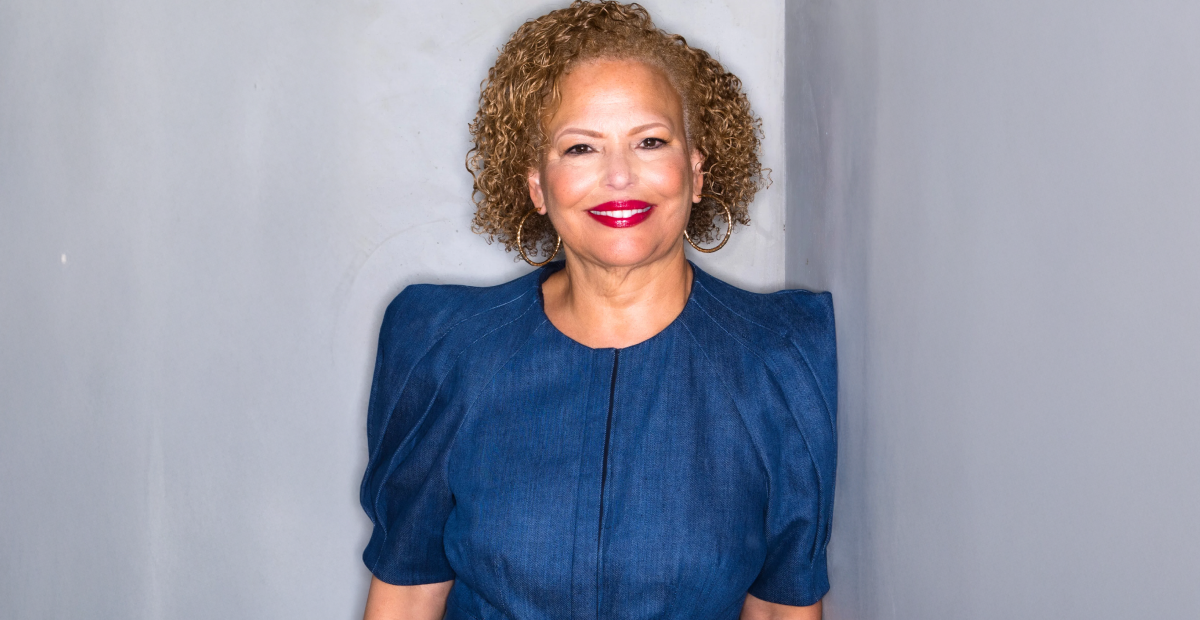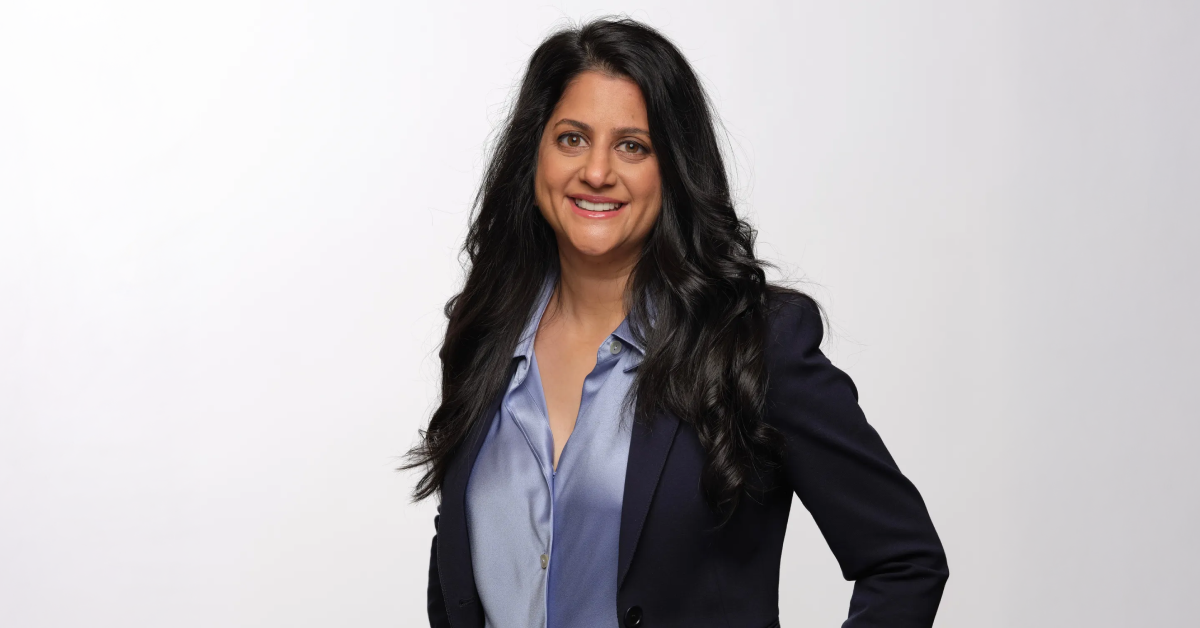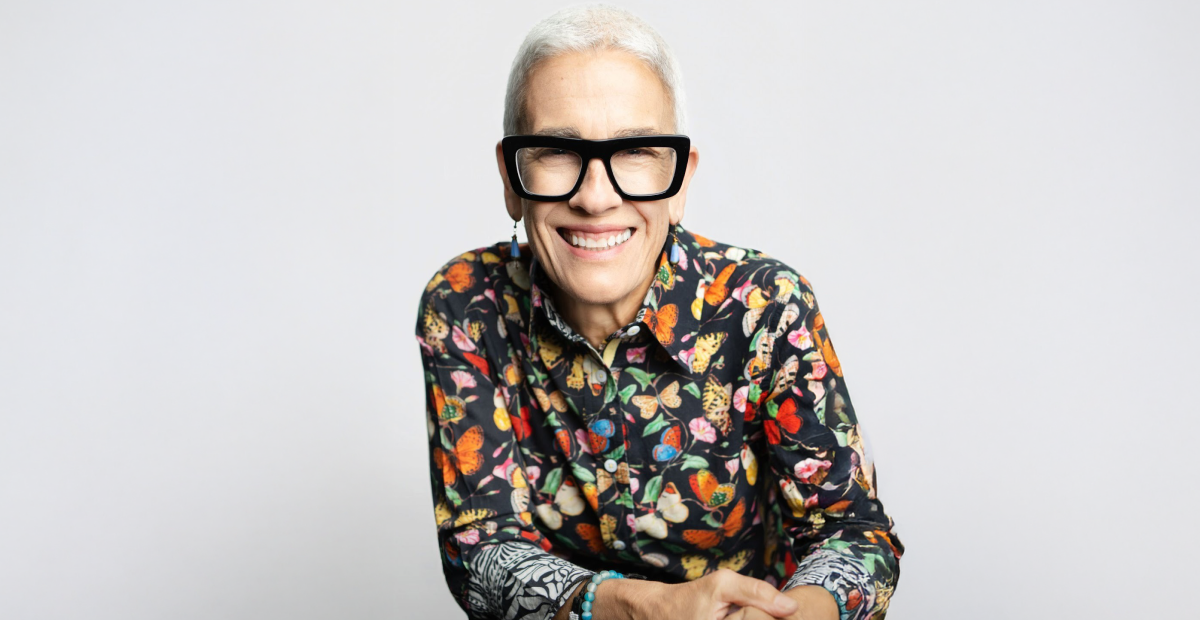Fidji Simo didn’t always seem destined to be the CEO of the leading grocery technology company in North America.
“As a little girl in a French fishing town, it was not obvious that I would go into tech,” she says. “But I was always interested in business and technology, in part because it was so different from the world I grew up in. I wanted to stretch myself and discover new horizons.”
Mission accomplished. Today she heads up grocery technology company Instacart, which also includes Connected Stores, a suite of in-store technologies for retailers, and Instacart Health, a suite of products designed to provide the digital infrastructure to scale food-as-medicine efforts in the healthcare space.
Her journey to become a leader in consumer technology — overseeing operations, strategy, and product development for some of the world’s leading businesses — has been both an unlikely and remarkable one. She was the first in her family to graduate high school.
“My parents taught me that with hard work and willpower, I could accomplish anything,” Simo explains, describing the beginning of her journey to become a leader in tech, despite, as she puts it, “not looking or sounding the part.”
In fact, her professional history has been all about confounding expectations and beating the odds, a resume that earned Simo recognition for her resilience in Chief’s The New Era of Leadership Awards.
In 2007, Simo joined eBay at a formative time for both herself and the company, helping build out local commerce and classified-advertising initiatives. At an equally pivotal time for Facebook, Simo oversaw the development and strategy for the Facebook app and made video a critical part of the Facebook experience.
When she joined Instacart as CEO in August 2021, the company was in trouble. Though business had expanded exponentially during the pandemic, growth had dramatically declined. For Simo, this was an irresistible opportunity.
She has led the company to achieve sustained, profitable growth and profoundly transformed it from a grocery delivery company to a grocery technology company, and then into a thriving public company traded under the ticker symbol CART on the Nasdaq Global.
“When I took over Instacart, our topline was declining by double digits, and we were seen as the poster child for lack of profitability and a one-trick pony with online grocery delivery. We were expected to go public but weren't anywhere close to ready, and then public markets collapsed in early 2022,” she explains. “Any of these things would have been hard in isolation, but having to do them all at once was extreme. A friend of mine described it as being dropped straight into Level 25 of the CEO game.”
Under her leadership, Instacart unveiled new offerings to broaden the services it provides to retail partners, including a push into the highly competitive field of faster deliveries. She focused immediately on reigniting growth, making the company profitable and ready to go public, and building a portfolio of longer-term initiatives.
For the first half of 2023, just prior to the company’s IPO, Instacart posted a $242 million profit, compared with a $74 million loss for the same time a year earlier.
“That's why, on IPO day, it was very emotional to take a moment to appreciate how far we'd come, and how resilient the team has been through a lot of change,” she note, explaining her decision to celebrate the company’s listing by ringing the Nasdaq opening bell in Instacart’s San Francisco office along with over 1,000 employees.
The company raised over $660 million in its IPO and continues to thrive and expand under Simo’s leadership. Here, Simo shares what she’s learned along the way — and her best advice for her fellow leaders.
Growth Comes From Taking Chances
“To me, resilience is learning to be comfortable in a space of discomfort,” Simo says. “No one can avoid challenges in work and life — and, in fact, if you only ever try to play it safe, you’re missing incredible opportunities to grow.”
Her decade at Meta illustrates this perfectly. “I remember when Mark Zuckerberg asked me to lead mobile ads for Facebook. This was when the stock was down 50% and CNBC was running headlines saying Facebook will never monetize mobile. It was pretty stress-inducing to take that job at that time, but by tuning out the noise and continuing to iterate and improve, we were able to succeed. I realized that taking the non-obvious bets and making them work is how you can really change the trajectory of your career and your life.”
Be Determined, but Flexible
“The same thing was true when I took over Facebook Video. So many people thought it didn’t make sense to build a destination for video on Facebook when YouTube was eight years ahead,” she recalls. “But I saw how much more demand there was — and would be — as the world moved more and more toward video,” she says. “It certainly didn’t work right away. We had to pivot several times to get to the right solution. That’s when I saw that as a leader, you have to be very stubborn on the destination, but flexible on the journey to get there.”
Tackle the Hardest Problems
As a board member of OpenAI, Simo has a front-row seat to how AI may make developing apps and platforms a lot easier. “That means it is going to be a very important time to do the hardest things. The companies that will win over the long-term are going to be those that focus on solving the hardest problems.”
“I think a disproportionate amount of industry growth will come from companies digging in and tackling the deepest, hardest problems,” she continues. “Those companies will leapfrog their competitors and deliver transformative experiences for consumers.”
Grow the Pie
Solving big problems requires cooperation — and Fidji believes the most successful companies lift up entire ecosystems. That’s why one of the core values she promotes at Instacart is to “grow the pie.”
“Digital transformations so often come at the expense of incumbents, but we believe technology can drive growth for our partners’ businesses and the industry at large,” Fidji says. “So much of a successful partnership is built on incentive alignment. We have to be acutely attuned to our partners’ unique needs and work to solve their unique challenges. When you do this, you build deeper partnerships that drive more value for everyone.”



